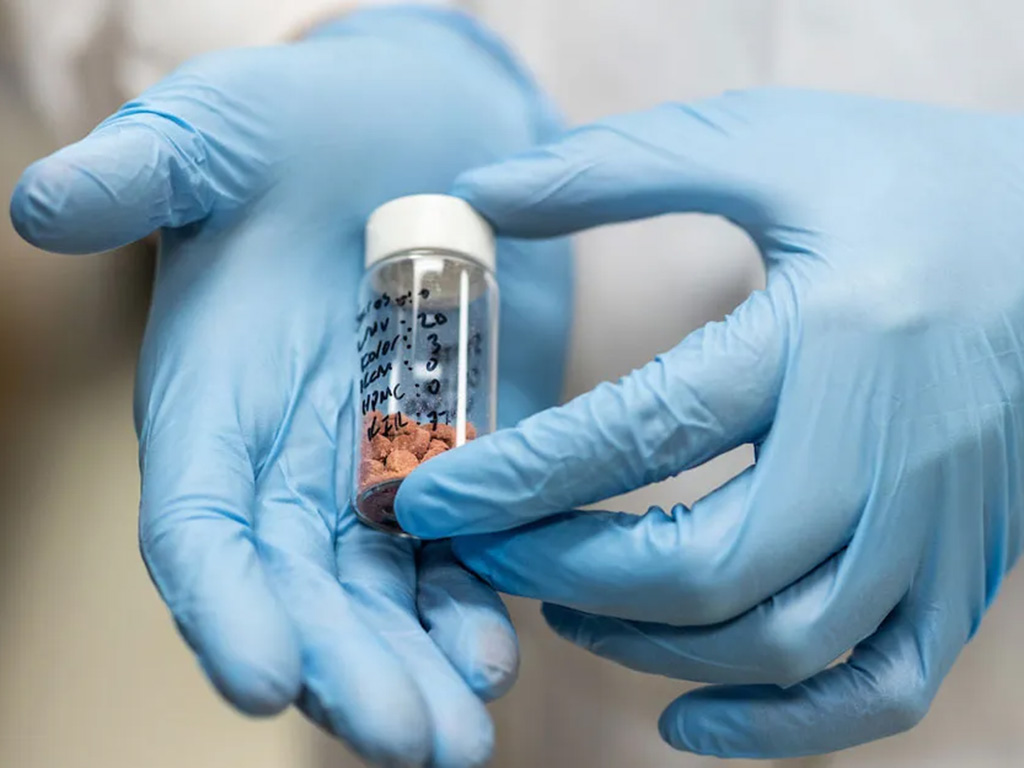NIH awards five-year grant for multidisciplinary A&M team to bring 3D printing of pediatric drugs to hospitals

Texas A&M Health Marketing and Communications
Researchers from the Texas A&M University Irma Lerma Rangel School of Pharmacy have received a five-year, $2.82 million grant from the National Institutes of Health to use 3D printing machines for pediatric medications.
Principal investigator is Dr. Mansoor A. Khan, vice dean and professor of pharmaceutical sciences.
“Many products are available for adults, not children, as it is not a great and profitable business for firms to make pediatric medications for few cases. Instead, a prescriber or pharmacist is forced to manipulate adult dosage forms to prepare pediatric dosages,” Khan said.
According to Khan, these manipulations can easily lead to instability or other issues of compromised quality.
Dr. Ziyaur Rahman, professor of pharmaceutical sciences, will engineer dose-flexible antiviral products that are readily deployable in hospitals for pediatric medication needs.
This is the first time a multidisciplinary approach is being taken to deliver 3D printed medications for children.
“It requires engineering the design and development of pediatric dosage forms, followed by pharmacokinetics and efficacy studies before deployment in children’s hospitals,” Rahman said.
Co-investigators include Dr. Matthew Kuttolamadom, College of Engineering; Dr. Samikannu Thangavel, School of Pharmacy; Dr. Jennifer Fridley, School of Veterinary Medicine and Biomedical Sciences; and Dr. Quan Zhou, College of Arts and Sciences.

